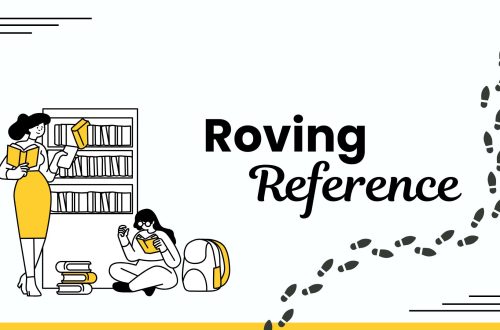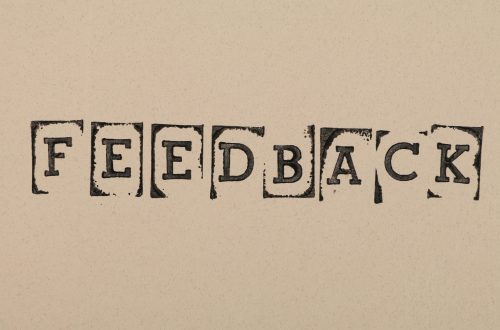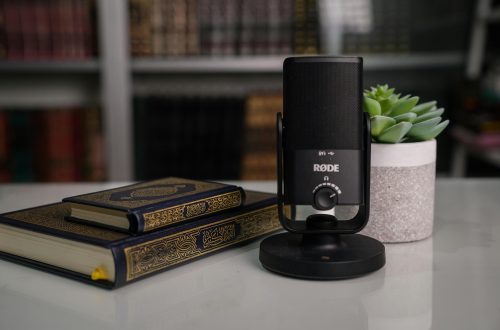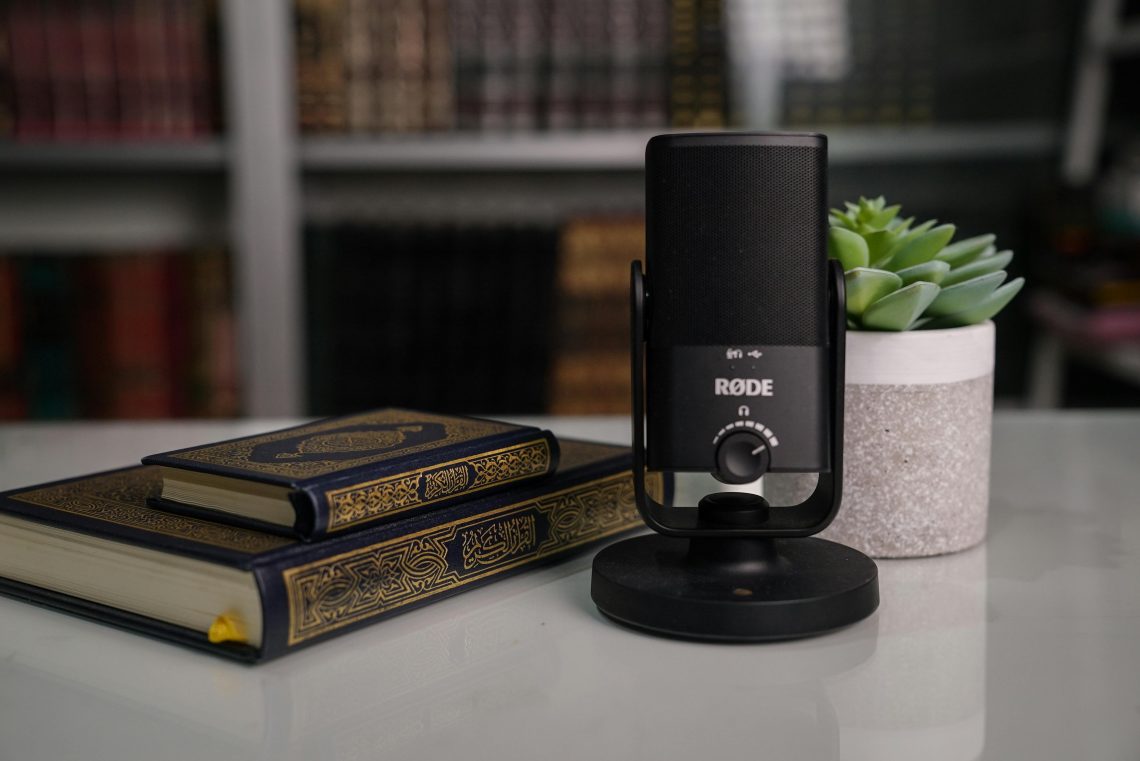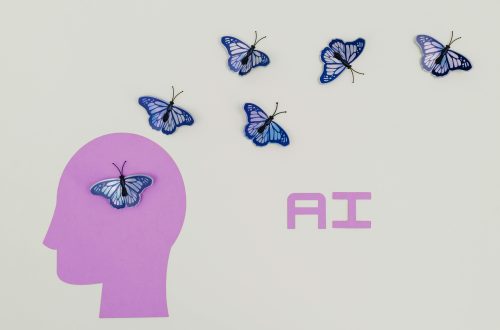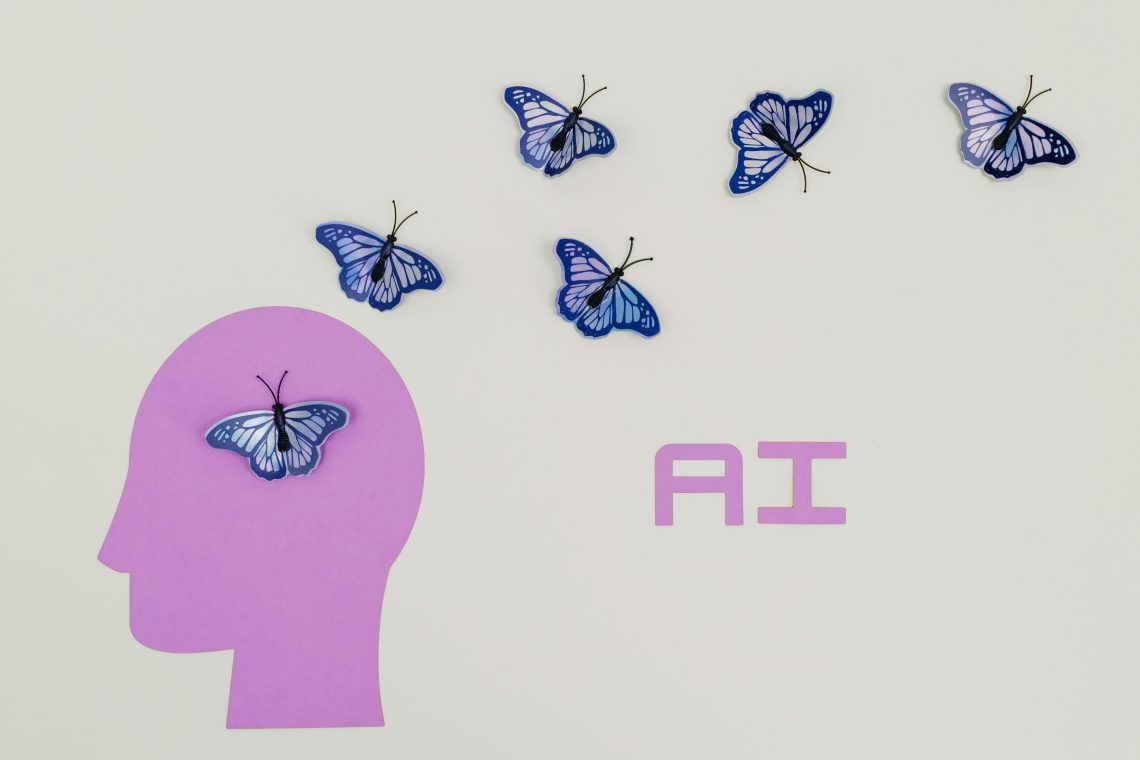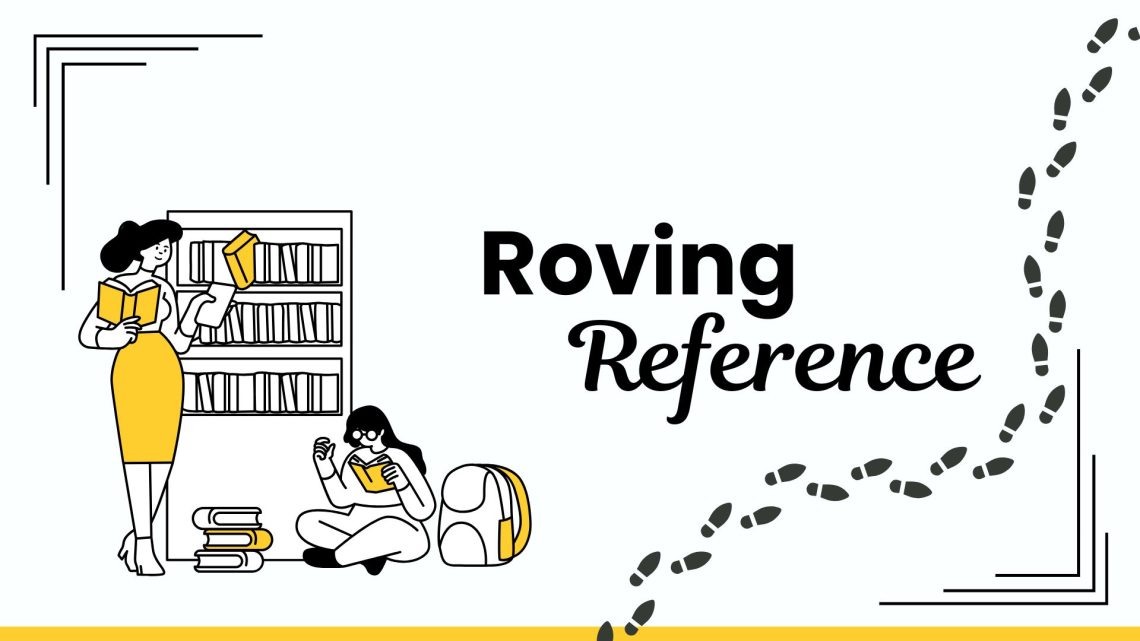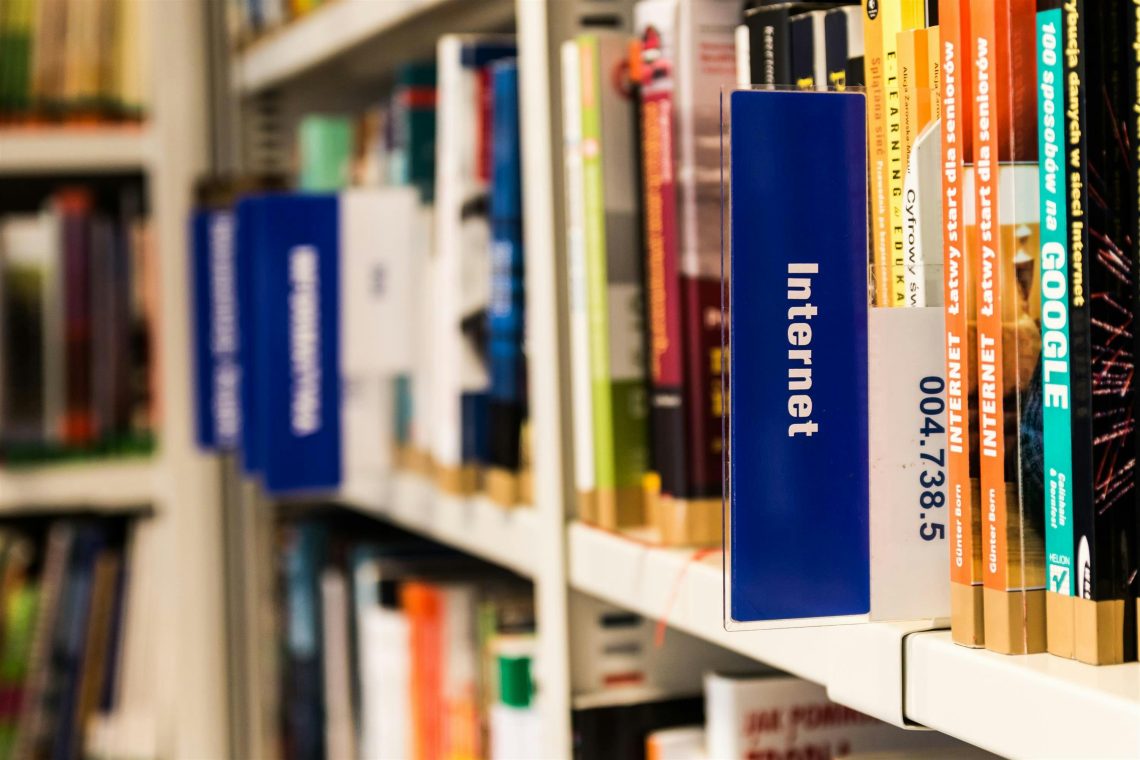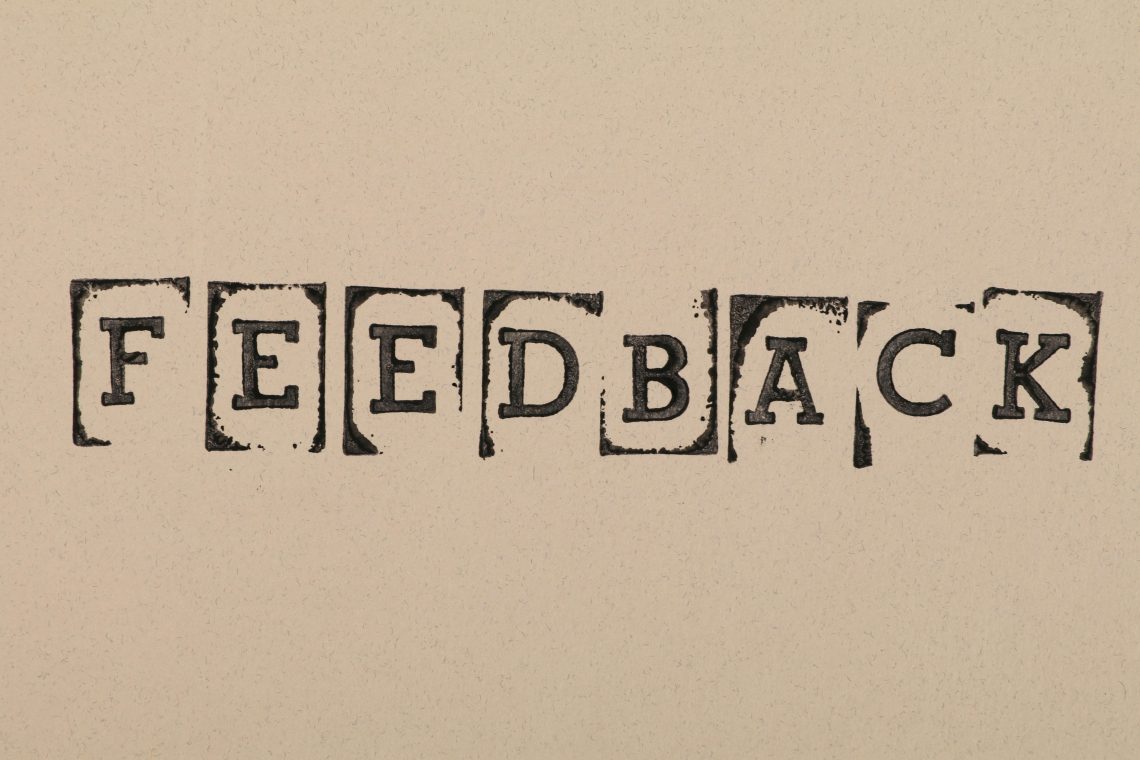-
Virtual Symposium: 5 Key Takeaways
Video link: https://youtu.be/uL-nDFaAygo Transcript: Slide 1. Hi everyone, this is the Valancy Virtual Symposium on 5 key takeaways from Fall 2024’s INFO 287 with Dr. Michael Stephens. Overall, the Hyperlinked Library has been really eye-opening for me, especially as someone who’s new to the library field. Though some of my previous classes have discussed libraries evolving and changing their definitions in theory, this course offered a lot of real-life experiences and examples on how that’s actually happening out there. Slide 2. So, number 1: the flattened staff hierarchies of the Hyperlinked Model. This point in particular has been on my mind lately, because I work in a really tiny branch…
-
Inspiration Report: The Power of Stories
Here is the link to my inspiration report. I decided to do a deeper exploration of the Power of Stories in a public library. Something about the concept feels profoundly human to me, which makes it a great way for libraries to further distance themselves from their old identities as quiet, sterile study spaces. Also, the citation style is Vancouver to minimize space taken up by in-text references. Thank you! @valancy
-
Books and Cooks at the Library: A Reflection
It’s incredible how much the definition of libraries has evolved. No longer subscribers to what Rachel Zukowski calls “that whole shushing thing” (Bookey, 2015), libraries are now, among many other things, classrooms. In our “Library as Classroom” lecture, Dr. Stephens describes how libraries are no longer limited to quiet study spaces (though those are still around!) and have bloomed into environments for learning through exploring, creating, playing, and peer-to-peer collaboration. One of my favorite ways this “Library as Classroom” spirit has manifested is in culinary literacy programs. “Eating and reading are two pleasures that combine admirably.” — C.S. Lewis Cooking nurtures literacy. A young mom recently raved to me about…
-
A Reflection on Libraries as Storytellers
“What is a person, if not the marks they leave behind?” ― V.E. Schwab, The Invisible Life of Addie LaRue This musing of Addie’s is a rather reductionist take on humanity, but it nonetheless contains truth: we do crave to leave some sort of legacy. This is by no means a recent development. I remember my undergrad professor instructing us on the concept of kleos in the Iliad, this Greek idea that one can attain immortality by performing deeds worthy of being told in stories. More than craving to leave a lasting impression, we also often yearn for deep connections with those living alongside us today. As Eberhart (2018) describes,…
-
Life and AI and Libraries: A Reflection
There’s no escaping artificial intelligence (AI). I don’t mean this in a scary, AI-holding-us-hostage sort of way, but more in an AI-is-proliferating-and-increasingly-common way. This is simply a fact of 2024 life. Another is that AI is affecting education. As such, it behooves us as librarians to understand these tools and use them to academic advantage (okay, so maybe this one’s an opinion). I think many people fear the deleterious effect AI may be having on young minds, and I don’t find that fear entirely unfounded. Unsurprisingly, we already have AI influencing toddler development via smart speakers like Alexa. This can be good and bad. As child psychologist Rachel Severson points…
-
Innovation Strategy & Roadmap: Librarians at Large
For this assignment, I will be using a fictional academic library to implement my emerging trend. This concept goes by many names: Roving Reference, Roaming Reference, Librarian on the Loose, Librarians in the Wild, Your Library, and more. No matter what you call it (“a rose by any other name,” and all), the service refers to a non-traditional, proactive reference method that leaves the desk–and sometimes even the library itself–behind, using technology to mobilize reference resources and meet patrons where they are. This is especially important in a time when traditional, passive reference interactions are on the decline (Dempsey, 2011; McCabe & MacDonald, 2011; Bremer, 2016). We plan to invite…
-
Hyperlinked in Higher Education: A Reflection
Student engagement drives learning (Basgen & Testori, 2016). This comes as no surprise: many of us find it easier to research a topic that piques our interest. In fact, it’s so natural that the etymology of “study” involves estudiier, an Old French term that can be translated as “show zeal for” (which is amazing; Online Etymology Dictionary, 2023). An academic library that embraces the Hyperlinked Model cultivates engagement in creative ways, such as creating personalized learning environments or helping students approach research with curiosity, rather than stress and stagnancy (Basgen & Testori, 2016; Deitering & Gascho, 2017). Moreover, the hyperlinked academic library realizes that mental performance depends upon overall well-being;…
-
Hyperlinked Reflections: Technology and Community
Last week a woman entered my library, asked if we had maps, and said, “I have an appointment coming up and don’t even know how to get there!” I, of all people, understand not knowing how to get places; after all, I worked at my last job for nearly two years and still used a GPS to get there (don’t worry, my siblings still give me grief about it). Suffice it to say, this woman had my sympathy. When a coworker and I offered to print directions out or show them to her on a computer screen, however, she refused. Maybe she was unfamiliar with technology and was embarrassed or…
-
Assignment X: To Be [Participatory] or Not to Be [Participatory]
That is the question. The answer? Be a participatory library in any and every way you can! As the title and opening suggest, the concept of participatory libraries is the one I will explore for this assignment. Traditional library infrastructure involves a hierarchy flowing from the director downward; in other words, decisions start at the top (Casey & Savastinuk, 2007, p. 61). In contrast, The Hyperlinked Library model relaxes this shape, letting it diffuse into a team-based atmosphere (Stephens, 2016). More than that, in The Hyperlinked Library, even patrons (and non-patron community members!) can be involved in the decision-making process. When libraries unlock avenues for ongoing user input and incorporate…
-
Welcome!
Hi, everyone! Welcome to my blog, which earned its name due to blogging being a new(ish) activity for me and also to serve as a request for any book recommendations you may have—I’m always pursuing new ones! Disclaimer: I’m using a pen name. “Valancy” actually comes from my favorite book, The Blue Castle, by L.M. Montgomery. The protagonist spends most of her life being called by a different name (that she despises), so I’ll take this chance to increase the use of “Valancy”—her given and preferred name—on her behalf. If you’ve read the book, please message me; if you’ve never read it, would recommend! ABOUT ME “But books are curious…
